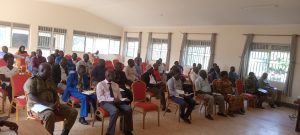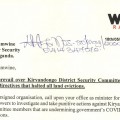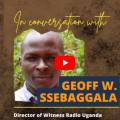DEFENDING LAND AND ENVIRONMENTAL RIGHTS
Kiryandongo leadership agree to partner with Witness Radio Uganda to end rampant forced land evictions in the district.
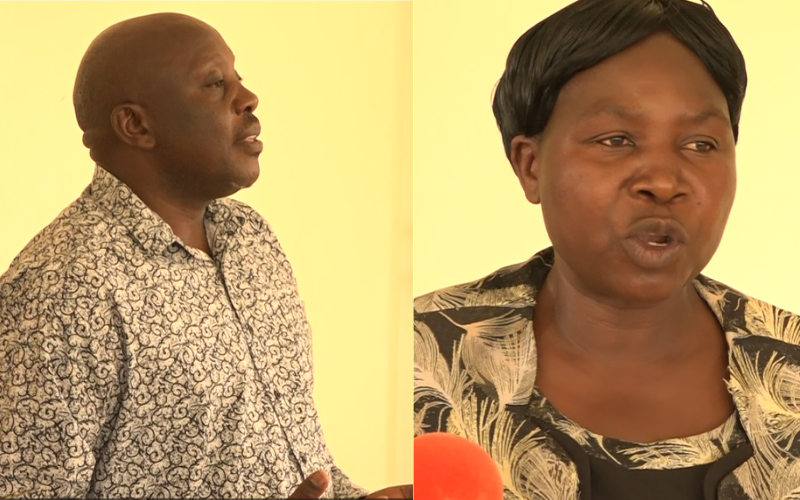
DEFENDING LAND AND ENVIRONMENTAL RIGHTS
Court Alert: Court Grants Bail to Jailed Defender and Wife.
DEFENDING LAND AND ENVIRONMENTAL RIGHTS
A land rights defender and his wife have been arrested, charged, and sent to prison.
DEFENDING LAND AND ENVIRONMENTAL RIGHTS
Crackdown on EACOP protesters intensifies: 35 Activists arrested in just four months.
-
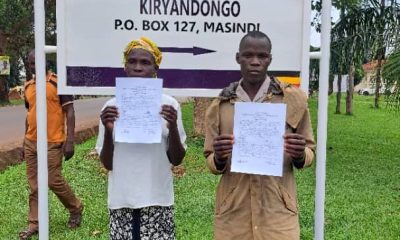
 DEFENDING LAND AND ENVIRONMENTAL RIGHTS2 weeks ago
DEFENDING LAND AND ENVIRONMENTAL RIGHTS2 weeks agoCourt Alert: Court Grants Bail to Jailed Defender and Wife.
-
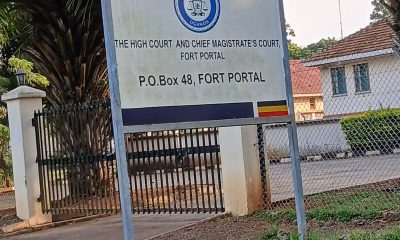
 MEDIA FOR CHANGE NETWORK4 days ago
MEDIA FOR CHANGE NETWORK4 days agoThe Court nullifies the Lake Katwe Surface Rights formerly granted to the Chinese-Ugandan Consortium due to a violation of community rights.
-

 MEDIA FOR CHANGE NETWORK1 week ago
MEDIA FOR CHANGE NETWORK1 week ago20 witness to testify against ex-land registration commissioner Mugaino
-

 NGO WORK2 weeks ago
NGO WORK2 weeks agoProfit off Peace? Meet the Corporations Poised to Benefit from the DRC Peace Deal
-
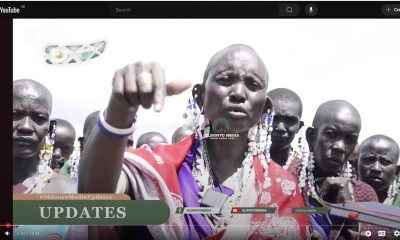
 SPECIAL REPORTS AND PROJECTS1 week ago
SPECIAL REPORTS AND PROJECTS1 week agoMaasai demand Volkswagen pull out of carbon offset scheme on their lands
-

 NGO WORK1 week ago
NGO WORK1 week agoToxic platforms, broken planet: How online abuse of land and environmental defenders harms climate action
-
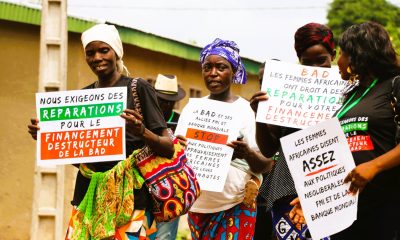
 NGO WORK5 days ago
NGO WORK5 days agoPress Release | African Women in Action: AfDB, Reparations NOT Debt!
-
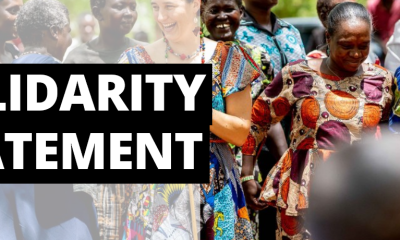
 NGO WORK1 week ago
NGO WORK1 week agoSolidarity statement in support of communities and ILC Africa members in special circumstances.

